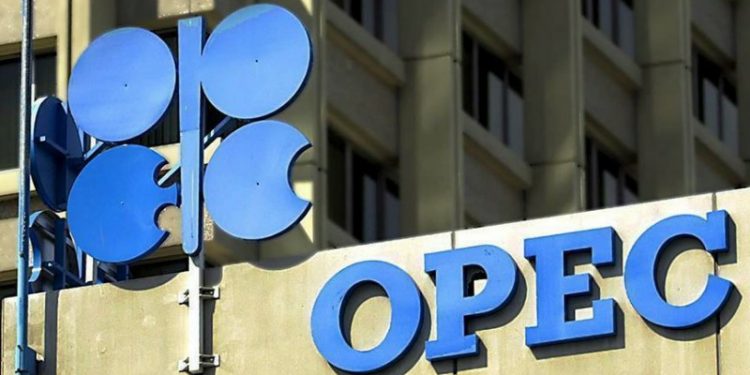Nigeria’s oil output experienced a month-on-month decline of 5.5% in June 2023, dropping to 1.249 million barrels per day (mb/d) compared to 1.184 mb/d in May 2023, according to the latest Monthly Oil Market Report from the Organization of Petroleum Exporting Countries (OPEC). The report, based on data obtained from official sources, also reveals a year-on-year decline of 17.6%, as Nigeria’s oil output in June 2023 stood at 1.249 mb/d, down from 1.515 mb/d in the corresponding period of 2022.
It is important to note that the OPEC report does not include Nigeria’s condensate output, which currently ranges between 300,000 and 400,000 barrels per day (bpd). When accounting for condensate production, Nigeria’s total oil output would be higher than the figures reported.
However, according to the Nigerian Upstream Petroleum Regulatory Commission (NUPRC), Nigeria’s daily oil production in June slightly surpassed its OPEC quota. The NUPRC’s latest July 2023 report indicates a marginal increase of 4.9%, with daily oil production reaching 1.241 million barrels compared to 1.183 million barrels recorded in May 2023.
Persistent challenges related to oil theft continue to impact Nigeria’s oil output. The illicit activities of oil thieves contribute to disruptions in production and revenue losses for the country. Efforts to combat oil theft and ensure the security of oil infrastructure remain ongoing, with various initiatives and collaborations in place to address this issue.
Safeguarding Nigeria’s oil production is vital for sustaining government revenue and supporting the country’s economic growth. Authorities are working towards strengthening security measures, enhancing surveillance, and implementing stricter regulations to curb oil theft and protect oil installations.
Nigeria, as a member of OPEC, has a production quota to adhere to, as agreed upon by the organization. While the country’s oil output in June slightly exceeded its quota, ongoing efforts are necessary to maintain consistency and comply with production limits.
The Nigerian government, in collaboration with regulatory bodies and security agencies, continues to prioritize the protection of oil installations and the reduction of oil theft. These efforts are crucial to ensure a stable and sustainable oil industry, attract investments, and maximize revenue generation for the nation.
As Nigeria seeks to diversify its economy and reduce its dependence on oil, it becomes imperative to address the challenges posed by oil theft. By implementing effective strategies, investing in security infrastructure, and promoting transparency and accountability within the industry, Nigeria aims to create an enabling environment for sustained economic development and progress.















